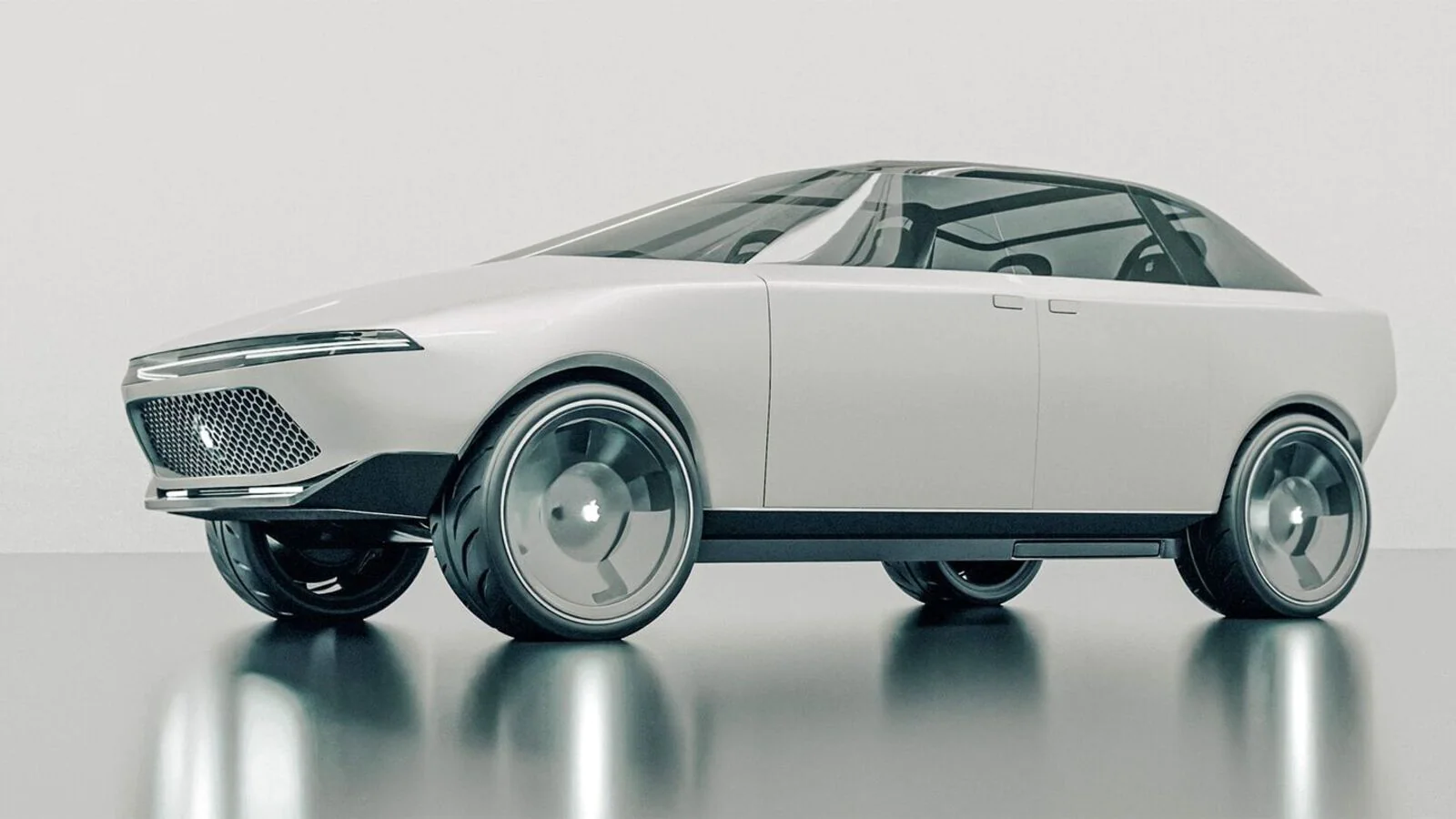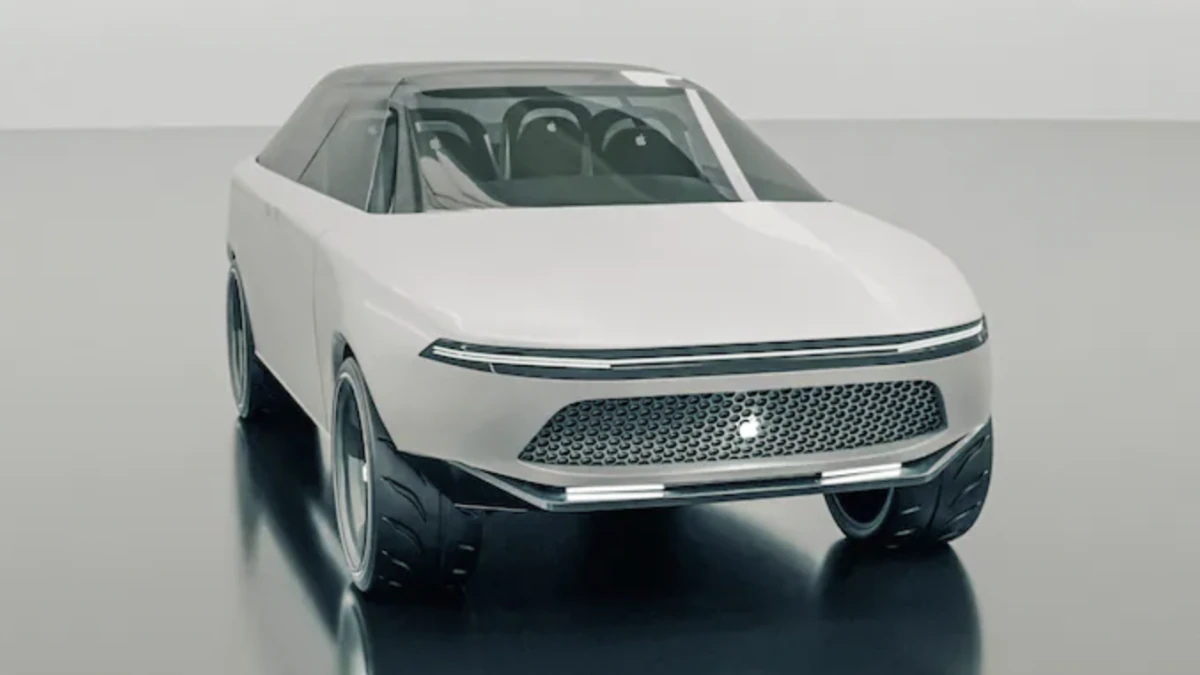For about ten years, the entire automotive industry has been engaged in guesswork and speculation concerning the so-called “Apple Car.” Initially, it appeared improbable that a technology company primarily known for its smartphones and sleek computers would venture into the automotive sector.
Nevertheless, Apple recognized the opportunity to extend its ecosystem to include electric vehicles and devoted substantial resources to pursue this goal. Now, indications suggest that Apple is giving up on the endeavor.
According to a report from Bloomberg (via The Verge), a message was sent out to 2,000 employees who were part of the “Special Projects Group,” AKA the Apple Car team, by Apple’s COO Jeff Williams and VP Kevin Lynch.
They informed them that they would be “shifted” to the company’s AI department, effectively marking the end of the Apple Car or “Project Titan” as it was internally known. Any hardware engineers or vehicle designers might also be reassigned to other Apple departments, but a wave of layoffs will probably occur.
The market appears to be pleased about the demise of the EV, as Bloomberg states that Apple shares rose 1 percent after their report was released. Why are investors happy about Apple shutting down its EV project?
It could be related to the fact that despite the project’s inception in 2014, Apple hasn’t made significant progress. The company has not officially acknowledged its work on the EV, and the project has experienced several changes in key personnel. Nevertheless, Apple continued to persevere.
The appeal of continuing down the EV road for Apple is evident. Every year, Apple sells millions of iPhones, iPads, and MacBooks, with exceptionally loyal customers. Generally, Apple customers prefer to remain within the company’s software ecosystem, which allows all devices to integrate seamlessly.
If Apple were to successfully launch a capable EV—its largest consumer electronic yet, though still an electronic—it wouldn’t be surprising to see many iPhone customers eager to own an Apple Car, even if it carried a starting price of over $100,000.

Well, the reality is that establishing an automaker from scratch is immensely challenging, especially when the backing company’s core competencies lie in a completely different domain.
This is why you don’t see McDonald’s venturing into smartphone production or Disney getting into tire manufacturing. Sometimes, it’s best to stick with what you’re proficient at, and when publicly traded companies deviate from their specialties, it makes investors uneasy.
According to reports, Apple had high aspirations for its debut as an automaker. The company aimed for SAE Level 4 autonomy, and there were early discussions about the EV potentially lacking a steering wheel or pedals altogether, though this idea was eventually discarded.
Recent setbacks led Apple to scale back its original objectives for the car, including pushing back the release until 2028 and reducing autonomous features to Level 2—equivalent to Tesla’s Autopilot and various other driver-assist systems from different automakers that primarily maintain a car’s lane and adjust its speed and braking on highways.
After some looks on the inside, it appears that Apple made the decision to cut its losses, abandon the EV project, and instead allocate its resources to the rapidly expanding field of AI. While the outcome doesn’t come as a surprise, we will miss engaging in speculation about the enigmatic and renowned Apple Car.

